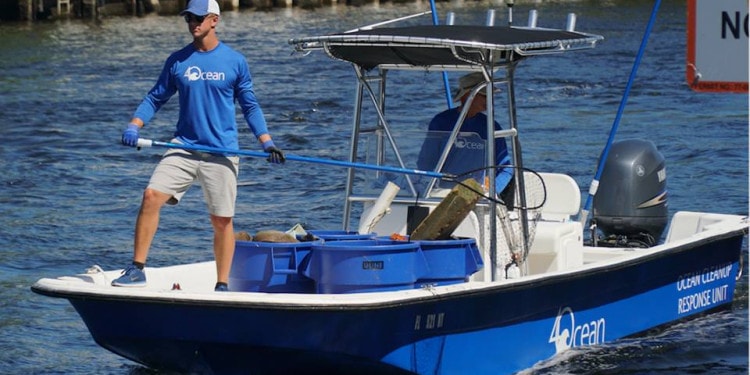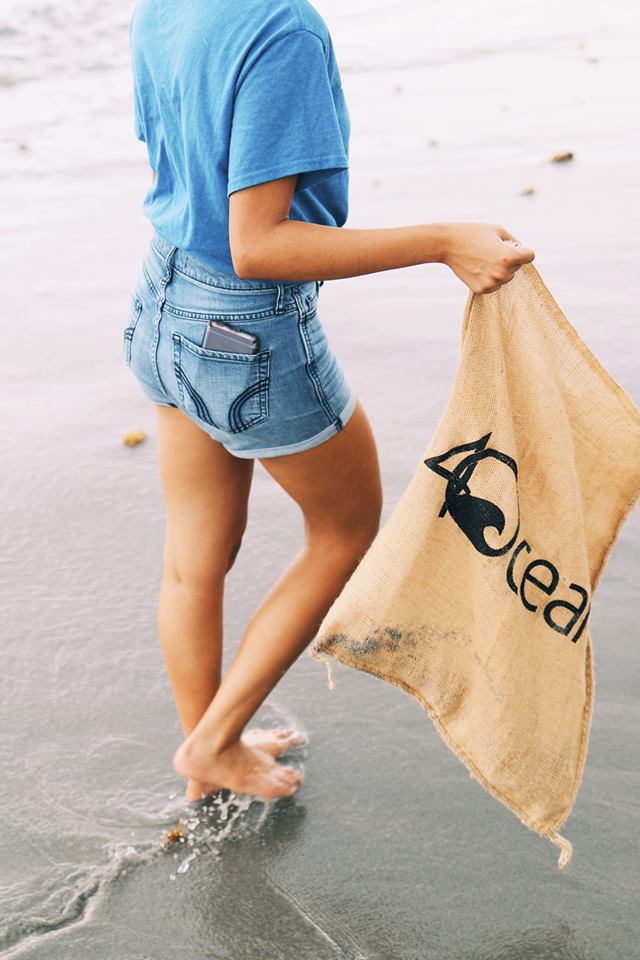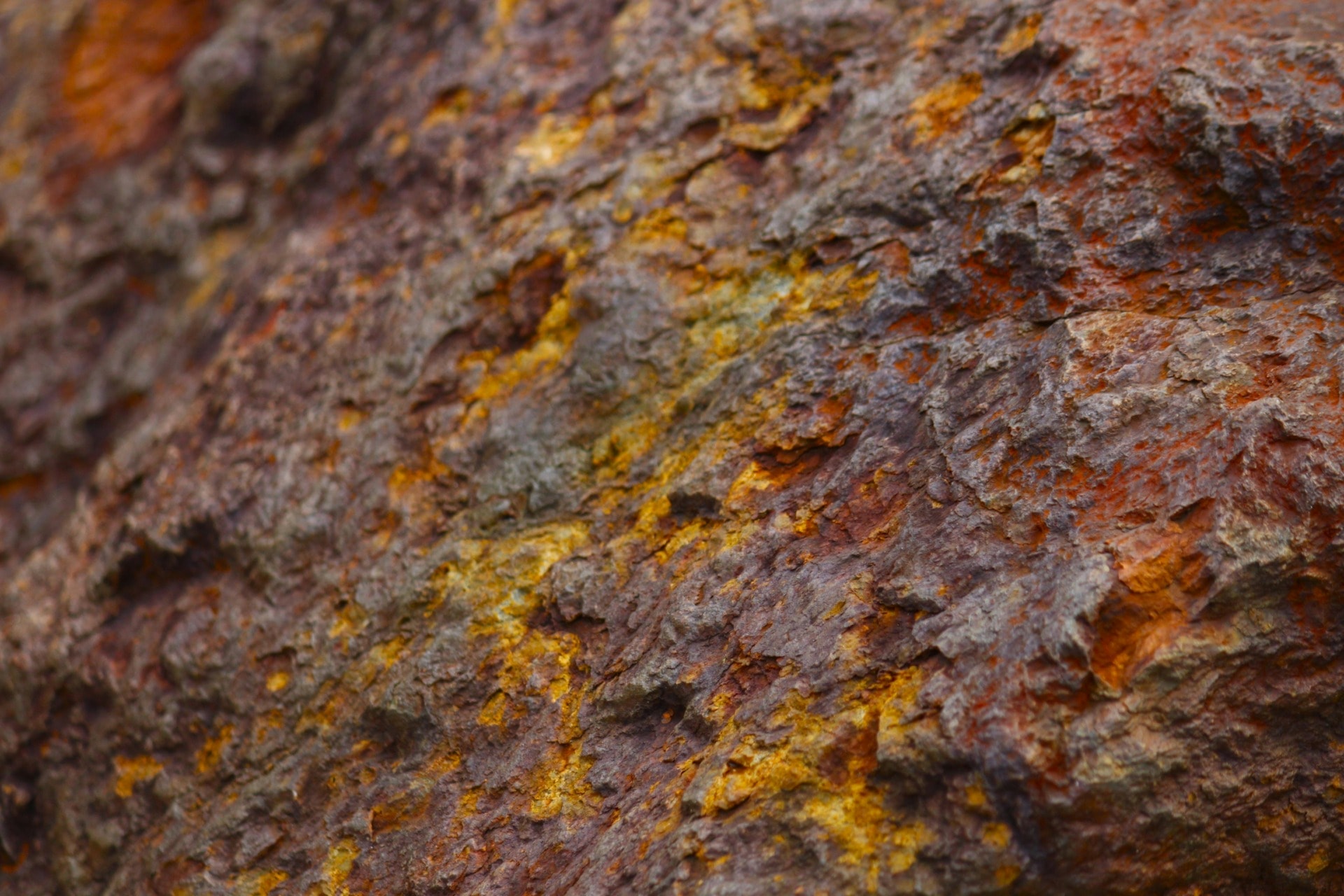The Great Pacific Garbage Patch has become the stuff of legend. This hotspot of marine waste, created by the spiral currents of the North Pacific Gyre, has been described as a floating trash island the size of Russia. We have created a monster, one which has put our ocean welfare beyond the realm of great risk.
Fortunately for us, there are people creating initiatives to improve our current standing. 4Ocean, is one of them, now a global movement that allows anyone from anywhere to join the team and help in ocean trash removal efforts world-wide. Andrew Cooper and Alex Schulze, Co-Founders of 4Ocean talked to us about the movement they created and what they hope to achieve.
Q: How was the idea for 4Ocean founded? How would you describe the mission of 4Ocean?
We were both on a surf trip to Bali in 2015 and witnessed the fisherman there motoring through all the trash in the water and coming back with hardly any fish at the end of the day. We wondered how we could change the dynamic of fishing, turning trash into a commodity. How great would it be to have fisherman fish for trash instead of actual fish, cleaning our waters and sustaining our environment?
After that trip, we came up with the idea of 4Ocean, paying captains and crews to remove the trash that filters into our ocean and coastal areas. We can do this through the purchase of our bracelets which are made out of 100% post-consumer recycled material. By purchasing one bracelet, you are removing one pound of trash from the ocean.
The idea took off and we launched 4Ocean in January of 2017. Our mission is to help clean the ocean, one pound at a time. The passion 4Ocean has is affecting the way the public thinks about the ocean and the environment and now the way they act on it. If we can influence the people of our world, no matter where they live, to remove just one pound of trash and work their way up, then our mission will continue to advance and succeed.
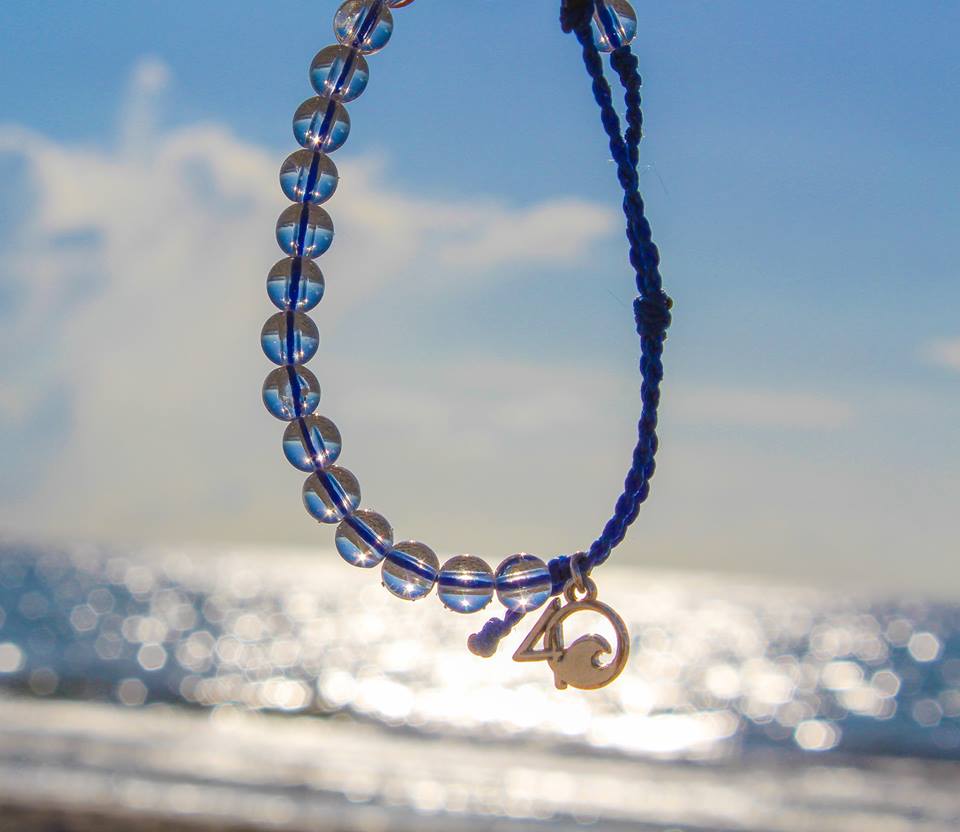
In the photo: 4Ocean bracelet Credit: 4Ocean
Q: Why sustainability and what does sustainability mean for you? How would you measure your industry and global impact?
Sustainability is the future. We don’t have any choice but to think sustainably because we only have one planet. The fact that we have one Ocean and it is the most important thing to life on this planet forces us to think in a way that helps to protect and preserve it.
The Ocean is a resource for so many things that make life possible and this resource must last indefinitely. We do whatever we can. The Ocean has been so good to us, we want to give back. We put our whole heart and soul into everything we do and we definitely have results to show for it. Not only has4Ocean collected over 212,000 pounds of trash in just under one year but we have been able to increase the amount of boats and captains we have out on the water making an impact. We have 8 full time captains and seven boats with four boats out on the water every single day in four different locations.
In the photo: 4Ocean cleanup volunteer Credit: 4Ocean
Q: How does 4Ocean stick to its values to do good, while staying competitive and striving to make a profit? What unique business model do you use? What are the major challenges for sustainability in your company’s industry?
Everything that we do has to start first with the Ocean. The question always then becomes, whatever we are doing, is it benefiting the Ocean in some way? If the answer is yes, then we move forward. We also focus on a double bottom line. As a for profit company, we always need to be aware of our financial bottom line but we are just as concerned about our Corporate Social Responsibility. For example, we only sell small products which allows us to avoid huge shipping impacts which then goes to limiting our carbon footprint. All our packaging is 100% recyclable. We want to have as little environmental impact as we can while creating a huge social impact to raise awareness about the problems facing our Ocean today.
Q: Where do you see the direction of the company heading? What are some/will be some major milestones down the road?
Our goal is to become the world’s largest ocean cleanup and to do that we are expanding our boat fleets and cleanup stations across the US and internationally, potentially in Haiti, Bali and the Dominican Republic. A huge accomplishment of ours was surpassing 212,000 pounds of collected trash in November. We have no doubt that our collected trash number will continue to grow and exceed the pace we have sustained this year with new locations in our sights.
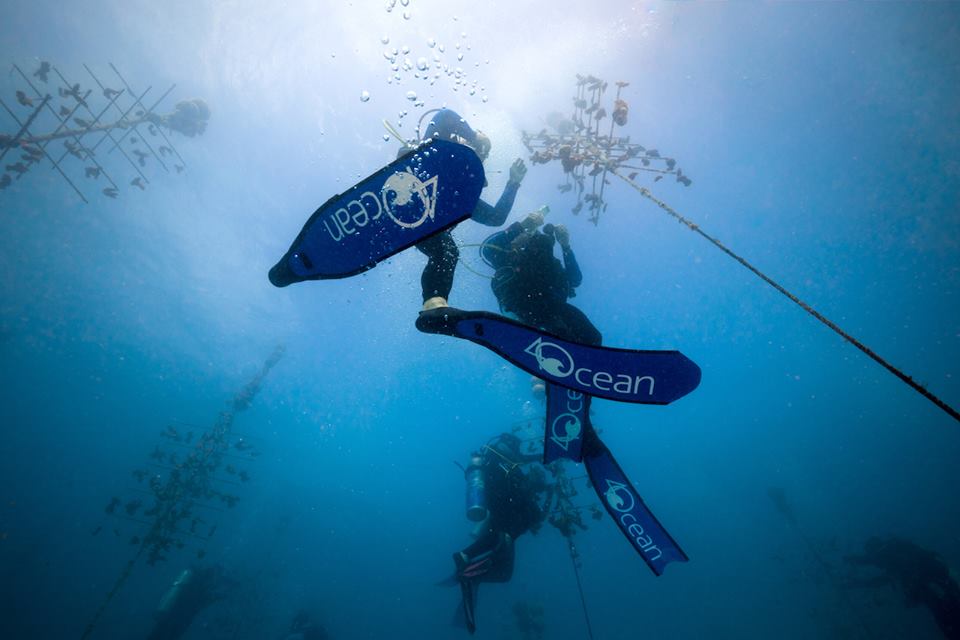
In the photo: 4Ocean underwater clean-up Credit: 4Ocean
Q: What message does 4Ocean have for other companies looking focus in similar pursuits?
We would say, “Why aren’t you doing it yet?” Just start. Get out there and do it. If only 1% of the world’s largest companies (and small companies, too) put even small efforts toward the Ocean and sustainability in general we would be able to solve some of our most pressing issues. The point is, that if we all make small contributions those actions can add up quickly when taken together, and before you know it the sum is greater than the parts. That is what we strive for at 4Ocean, to inspire people to take action for our Oceans and sustainability.
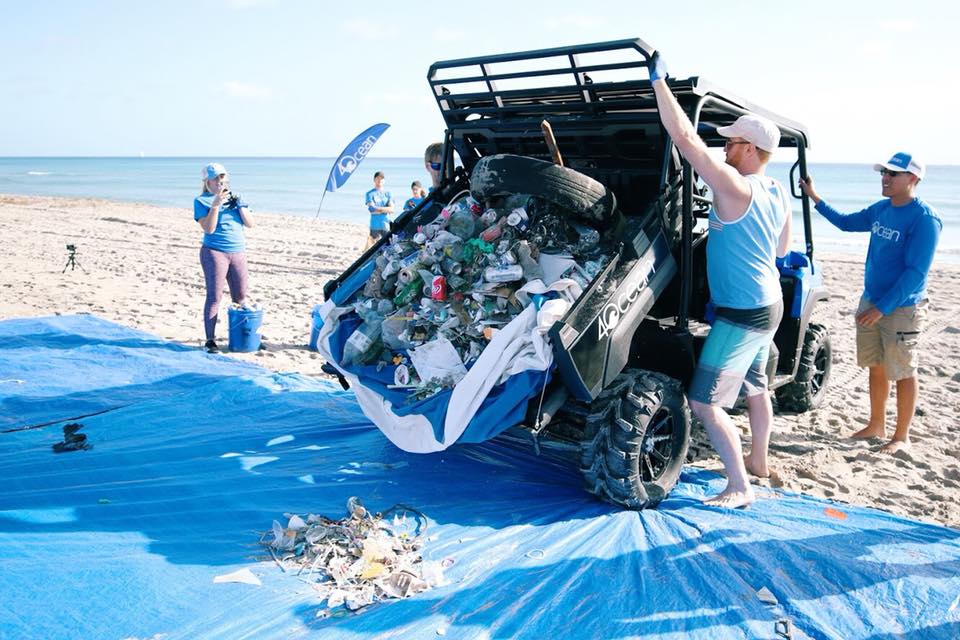
In the photo: End of a days clean-up Credit: 4Ocean
Q: What are your views on where the subject of sustainability is heading in general? What are some ways the average citizen can contribute towards sustainability?
It’s hard for our environment to stay productive when trash is being dumped into the ocean and it’s even worse when that trash doesn’t get picked up and disposed of properly. The problems stem further with the ingestion of microplastics in fish populations worldwide. Many people that eat fish are now consuming and digesting the microplastics in their bodies. The trash our communities throw into the ocean is making its way back into us. Floating trash islands are also forming all over the world that are harming our marine life. The average citizen has the choice to pick up their trash rather than discarding it in a place it doesn’t belong. They also can make the choice to pick up trash left behind on our beaches or in our coastal areas that
Editors note: The opinions expressed here by Impakter.com columnists are their own, not those of Impakter.com


